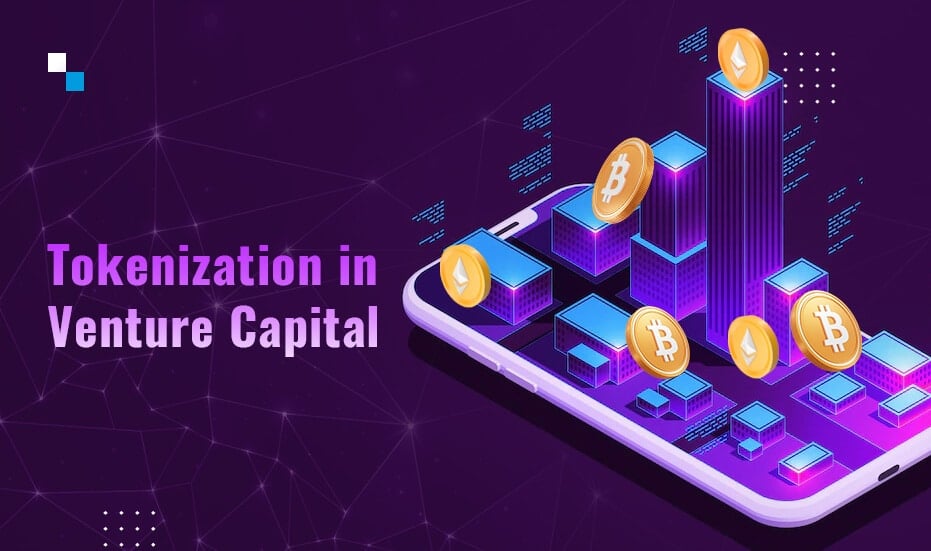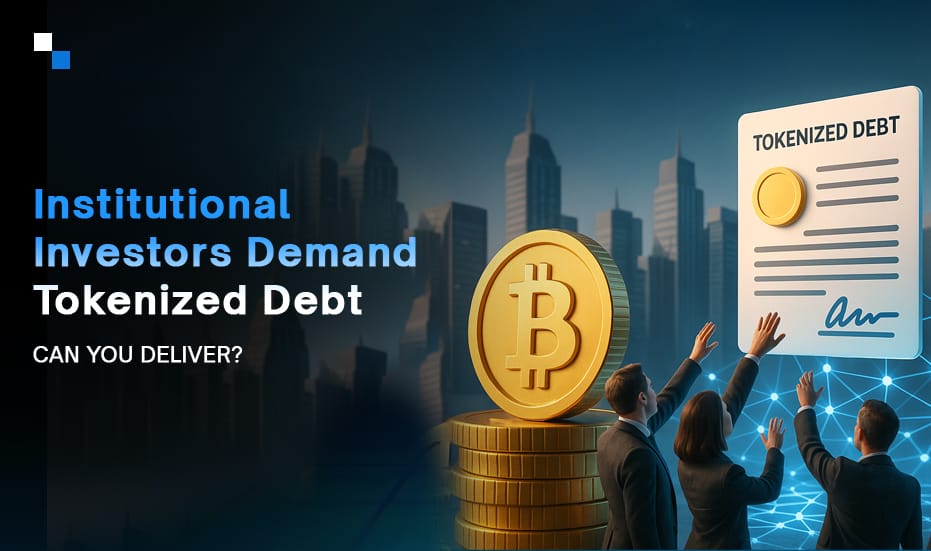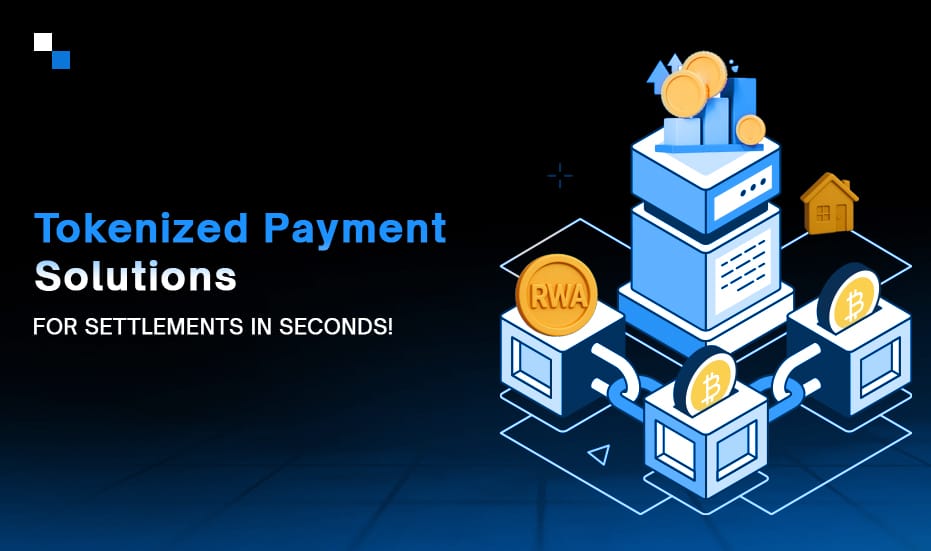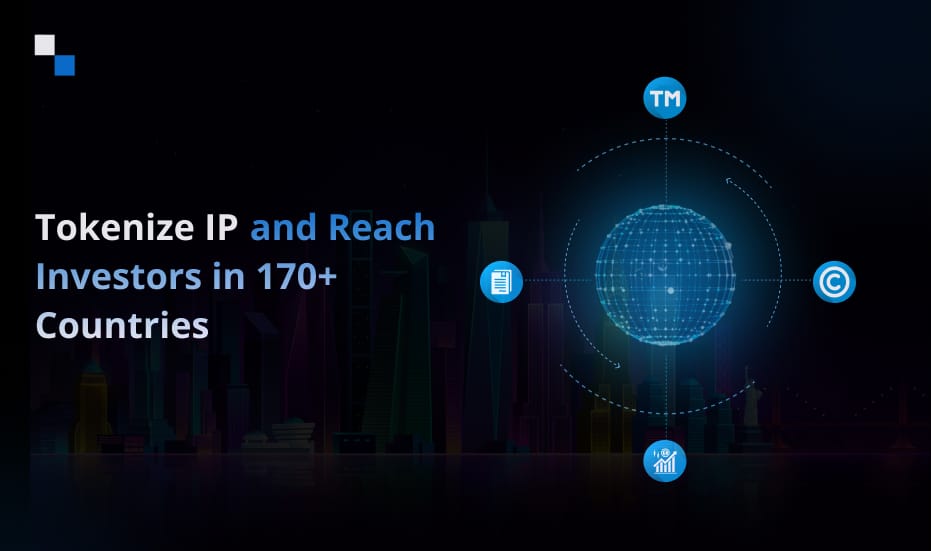
Ultimate Transition from NFT 1.0 to NFT 2.0
July 26, 2023
Exploring the World of Web 3.0 Development: A Comprehensive Guide
July 27, 2023In Q2 2023, $81B of venture capital was invested globally. The venture capital (VC) industry is in the midst of a revolution. Traditional VC models are being disrupted by new technologies, such as blockchain and tokenization. Digital asset tokenization is the process of converting an asset into a digital token that can be traded on a blockchain network. This technology has the potential to revolutionize the VC industry in several ways. In this blog, we will explore how tokenization is revolutionizing the venture capital industry, unlocking new opportunities for investors and entrepreneurs alike.
The Traditional Venture Capital Landscape
Traditionally, venture capital (VC) has been the primary source of funding for startups and early-stage companies. Venture capitalists invest capital in promising startups in exchange for equity ownership or preferred shares. While VC funding has been instrumental in fueling innovation and growth, it comes with its own set of challenges.
Limited Access
Traditional venture capital funding is often limited to accredited investors, high net-worth individuals, and institutional investors. This restricts access for smaller investors and potentially promising startups in need of capital.
Liquidity Constraints
Once capital is invested in a startup, it becomes illiquid for an extended period. Investors may have to wait for years before they can realize returns, hindering their ability to reinvest in other opportunities.
High Barrier to Entry
For entrepreneurs seeking VC funding, the process can be arduous, time-consuming, and competitive. They must navigate complex negotiations and give up a significant portion of their equity.
Geographic Limitations
Traditional VC funding is often concentrated in specific regions or countries, leaving startups in other regions with limited funding options.

Tokenization and Venture Capital
Digital Asset Tokenization Service introduces a paradigm shift in the venture capital landscape, addressing many of the challenges faced by both investors and entrepreneurs. By representing assets as tokens on a blockchain, tokenization facilitates fractional ownership, liquidity, and broader access to investment opportunities. Let’s delve into how tokenization revolutionizes the venture capital industry:
Accessible Global Investment
Tokenization enables fractional ownership, allowing investors to purchase a fraction of an asset’s value rather than acquiring the entire asset. This fractional ownership model democratizes investment opportunities, making venture capital more accessible to a broader range of investors, including retail investors. With tokenization, investors from around the world can participate in funding promising startups without the barriers posed by geographical restrictions.
Enhanced Liquidity
Tokenization brings liquidity to traditionally illiquid assets. Investors can buy and sell tokens representing their shares in a startup more easily and quickly than selling traditional equity. This enhanced liquidity empowers investors to exit investments when needed, reducing the lock-up period typically associated with traditional VC investments.
Streamlined Fundraising for Startups
For entrepreneurs, digital asset tokenization offers a streamlined and efficient fundraising process. Through security token offerings (STOs) or initial coin offerings (ICOs), startups can raise capital from a global pool of investors without the need for elaborate intermediaries or costly regulatory compliance processes. Tokenization also allows startups to offer different tiers of ownership, providing various benefits to token holders based on their level of investment.
Enhanced Transparency and Governance
Blockchain, the underlying technology behind tokenization, is inherently transparent and immutable. This transparency ensures that every transaction is recorded and accessible on the blockchain, enhancing investor confidence and reducing fraudulent activities. Additionally, tokenization allows for the implementation of programmable governance mechanisms through smart contracts, enabling decentralized decision-making and voting on critical matters related to the startup.
Increased Market Efficiency
Tokenization fosters a more efficient market for venture capital investments. Tokenized assets are easily tradable on various cryptocurrency exchanges, allowing investors to access secondary markets and exit their positions when they choose. This increased market efficiency benefits both investors and entrepreneurs, providing more flexibility in managing their investments and portfolios.
Diversification Opportunities
For investors, digital asset tokenization opens the door to diversification like never before. By investing in various tokens representing startups across different industries and geographies, investors can reduce their overall risk and exposure to any single investment.
Challenges and Regulatory Considerations
While tokenization offers significant advantages to the venture capital industry, there are several challenges that need to be addressed, particularly in terms of regulatory compliance. The regulatory landscape surrounding tokenized assets is still evolving, and jurisdictions have varying rules and requirements. To ensure widespread adoption and to protect investors and entrepreneurs, policymakers and industry stakeholders must work together to establish clear and robust regulatory frameworks for security token offerings.
Security tokens, which represent ownership of real-world assets, fall under securities regulations in many jurisdictions. Issuers of security tokens must comply with know-your-customer (KYC) and anti-money laundering (AML) regulations to prevent fraudulent activities and illegal transactions.
Additionally, smart contracts governing tokenized assets must be carefully audited and tested to ensure they function as intended and comply with the necessary regulations. Auditing these contracts is crucial to avoid vulnerabilities and potential exploits.
Conclusion
Tokenization is a disruptive force that is reshaping the venture capital industry. By leveraging blockchain technology, tokenization introduces a new era of investment possibilities, making venture capital funding more inclusive, efficient, and accessible to investors and entrepreneurs worldwide.
Looking for the best Asset Tokenization Company? Talk to Experts at Antier!



